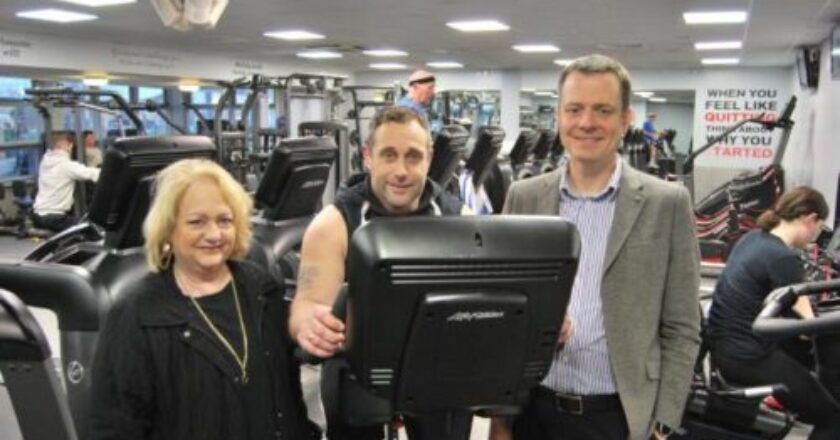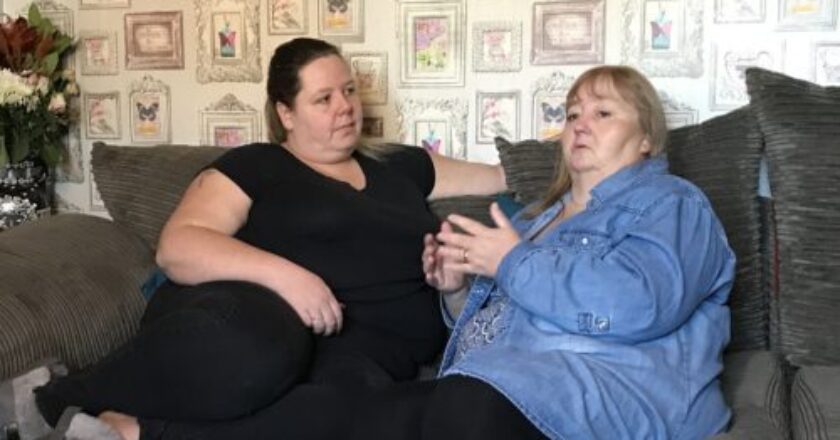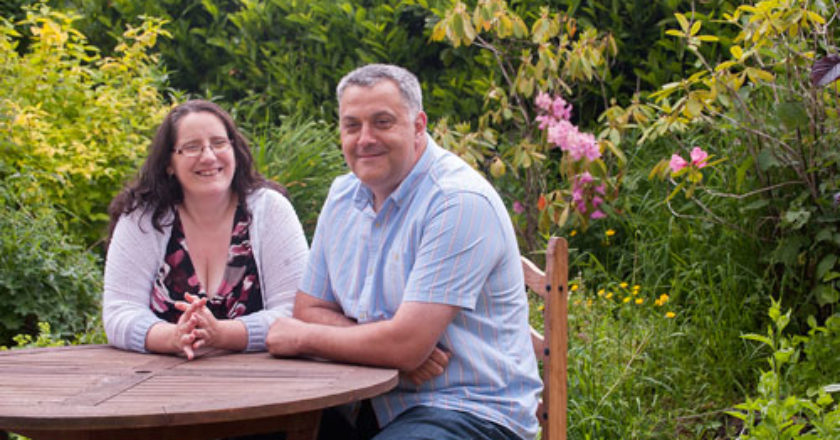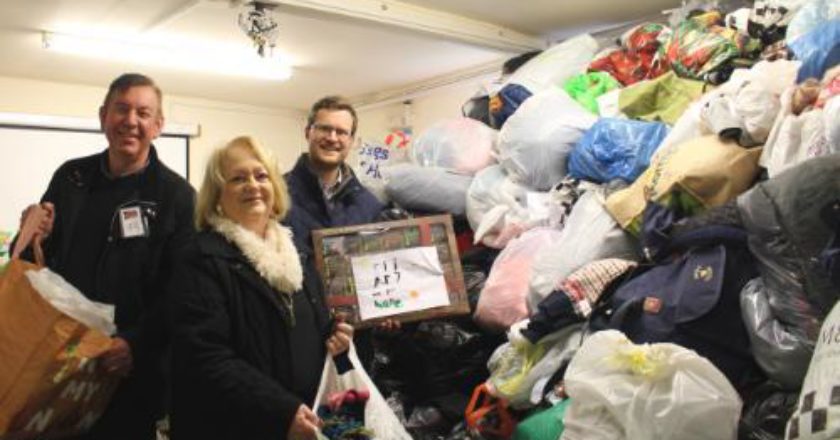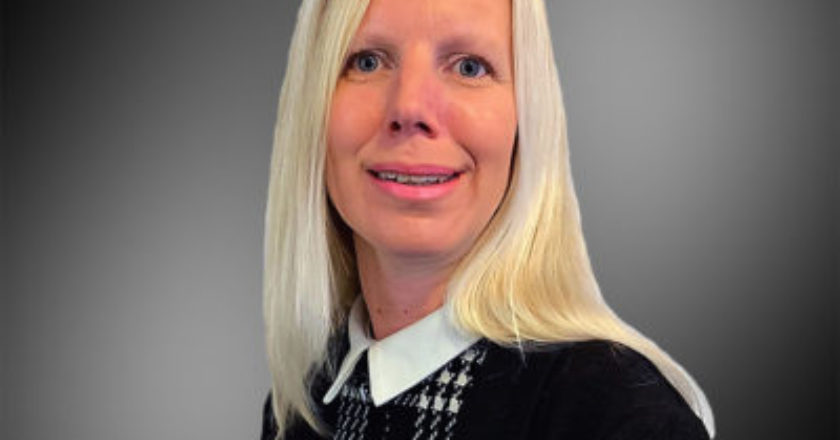Obstetricians, midwives and women who’ve had babies by Caesarean section are taking part in a new study to find out which technique is best used by the surgeon if the baby’s head is found to be stuck in the pelvis at the time of Caesarean delivery. Around 15% of babies are delivered by emergency C-section in the UK and the problem of ‘impacted fetal head’ occurs in about 1.5% of these operations – that’s around 1,500 babies who have to be manoeuvred very carefully to release their head from the pelvis.
Experts at the University of Nottingham’s School of Medicine and Nottingham University Hospitals NHS Trust want to assess the feasibility of a clinical trial to compare different techniques for managing an impacted fetal head during emergency C-section. Thanks to a £200,000 grant from the NIHR, the team will carry out the largest ever investigation into the problem with a view to a full-scale randomised trial to compare different techniques for managing it in theatre.
The study is being carried out in collaboration with the Nottingham Maternity Research Network – which connects medical researchers with local people who have used maternity services and are interested in participating in research. Leading the study, Clinical Assistant Professor of Obstetrics, Dr Kate Walker, said: “Impacted fetal head can cause serious problems for both mother and baby. There are a number of ways to make such births easier; an assistant can push the head up with their hand from the vagina, or a specially designed balloon in the vagina can achieve the same effect. Sometimes the surgeon delivers the baby’s feet or arms first. Doctors can also use medicines that cause the womb to relax to allow more room for manoeuvre.
We do not know which of these methods is best for the mother and the baby. The NHS would like to conduct research in this area. Before they do so they want to find out from doctors and midwives, how common the problem is, what techniques are currently in use and which ones should be tested in future research projects. We also need to determine how acceptable research in this area is to parents.”
Samantha Foulke from Nottingham Maternity Research Network said: “Our network is a service user group with an interest in maternity related research. We are delighted to be involved with this piece of research into surveying current practice for this complication during a caesarean birth. This problem can potentially be a highly distressing experience for mothers and their birth partners, and it is vital that we work together to identify good practice or highlight areas for further research in the future.”
The new study will consist of several different avenues of research:
• A national survey of obstetricians and trainee obstetricians to examine current practice, level of experience and training for an impacted fetal head scenario. Similar surveys of midwives and anaesthetists and a focus group of women who have had an emergency C-section as well as a national survey of parents to determine views on the idea of a clinical trial.
• A UK Obstetric Surveillance System study to determine the incidence and consequences of impacted fetal head in the UK.
• A Delphi survey to decide which techniques should be tested in a clinical trial.
The results of these studies will inform further work to design a large-scale randomised controlled clinical trial in the UK to build an accurate picture of the prevalence of impacted fetal head and the nature and frequency of complications for the mother and baby. The researchers say it will increase awareness of the problem among parents and health professionals and could redress possible training deficiencies in this area of obstetric care.



